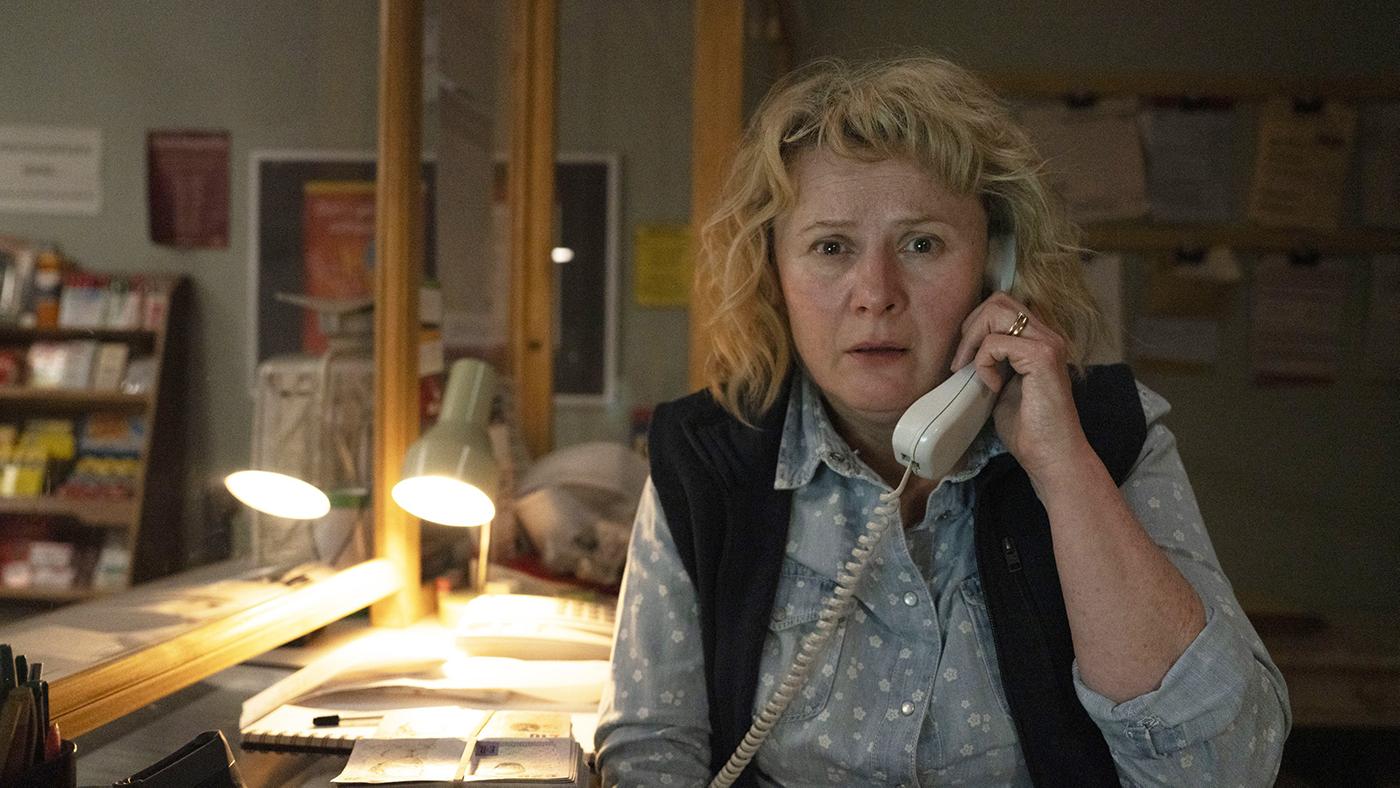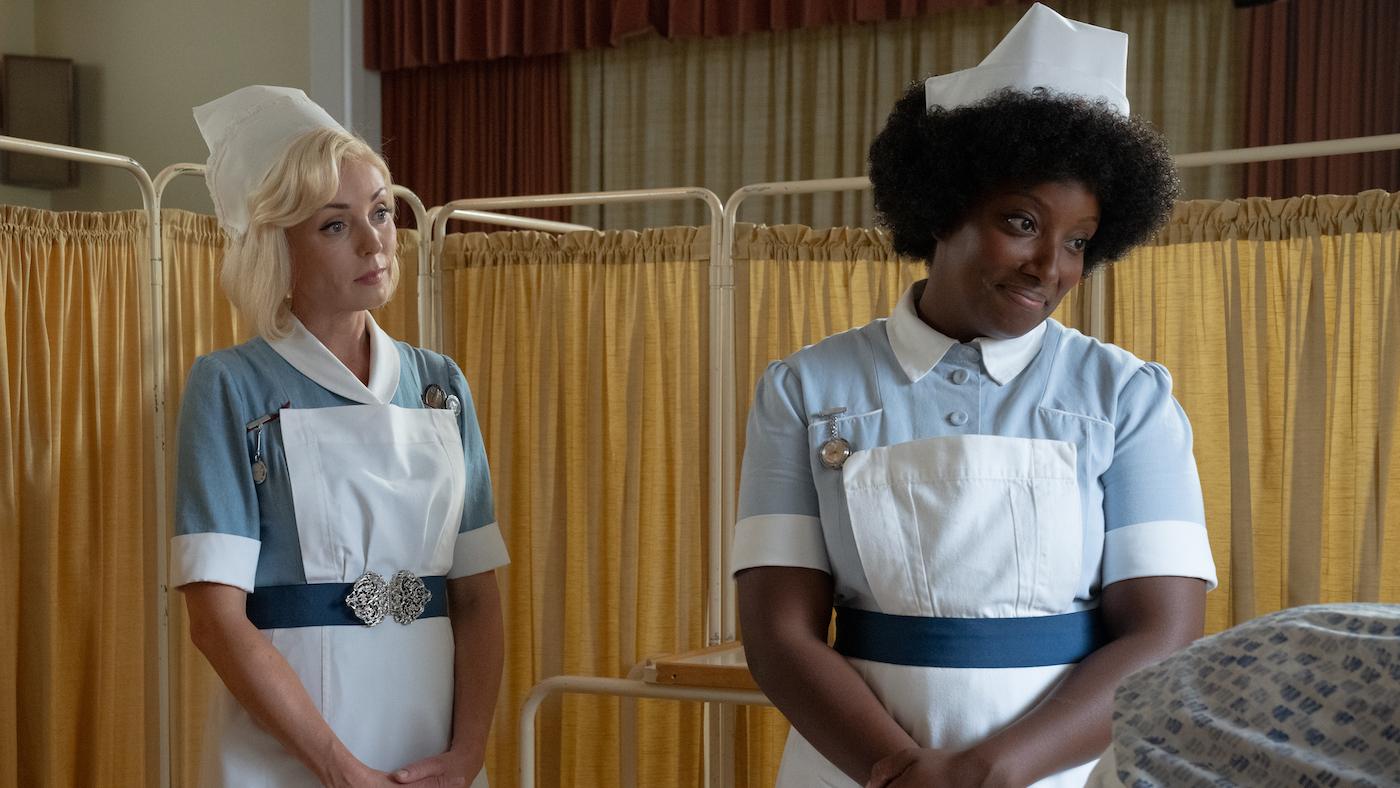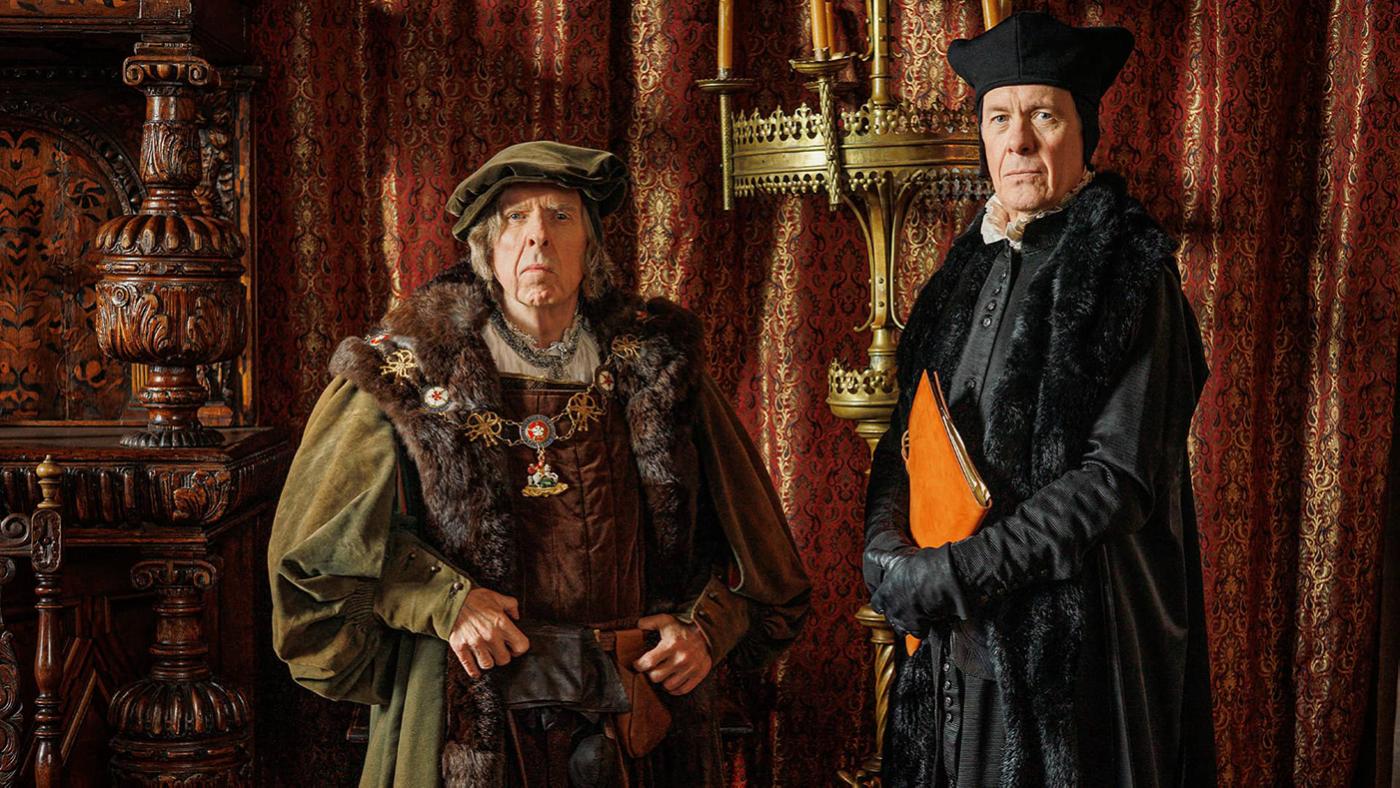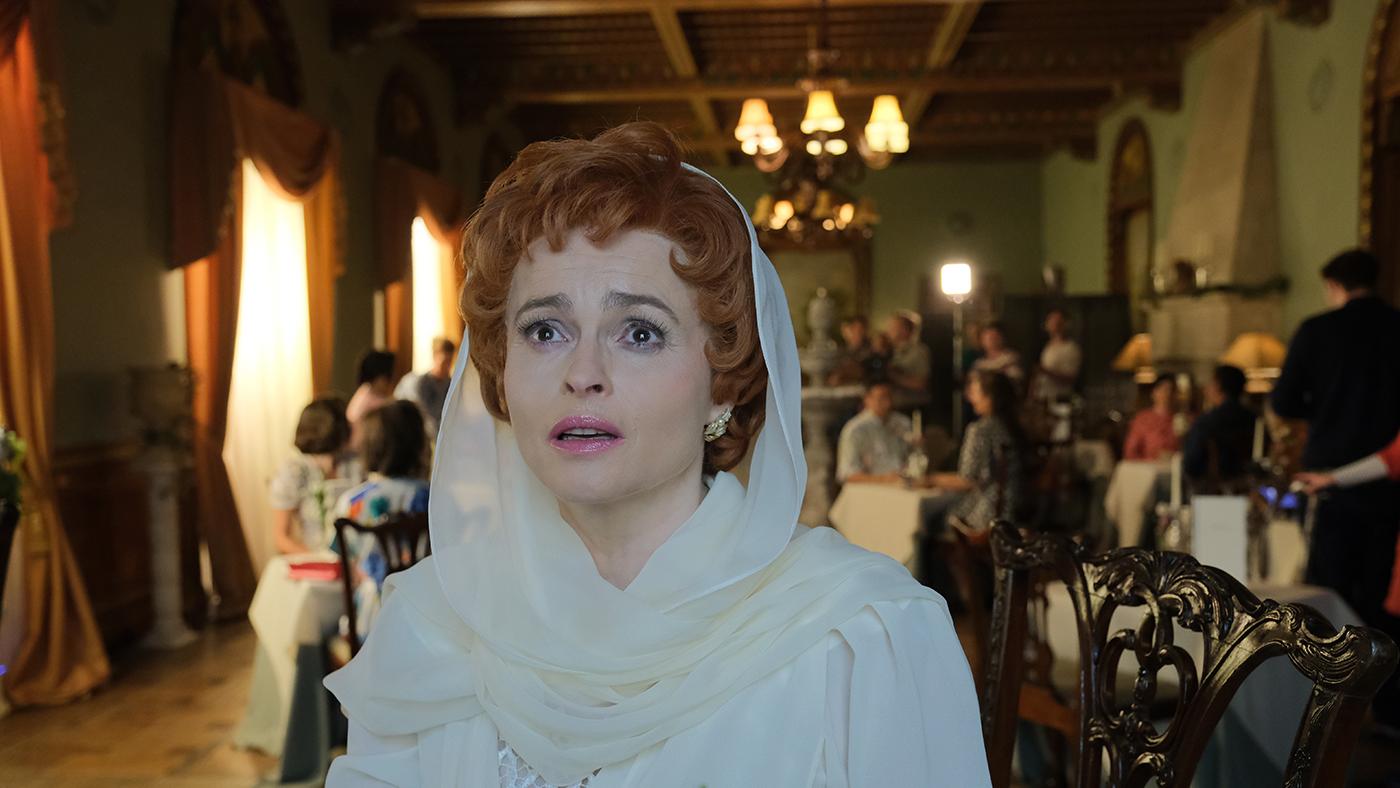'Atlantic Crossing' Recap: Episode 7
Daniel Hautzinger
May 16, 2021
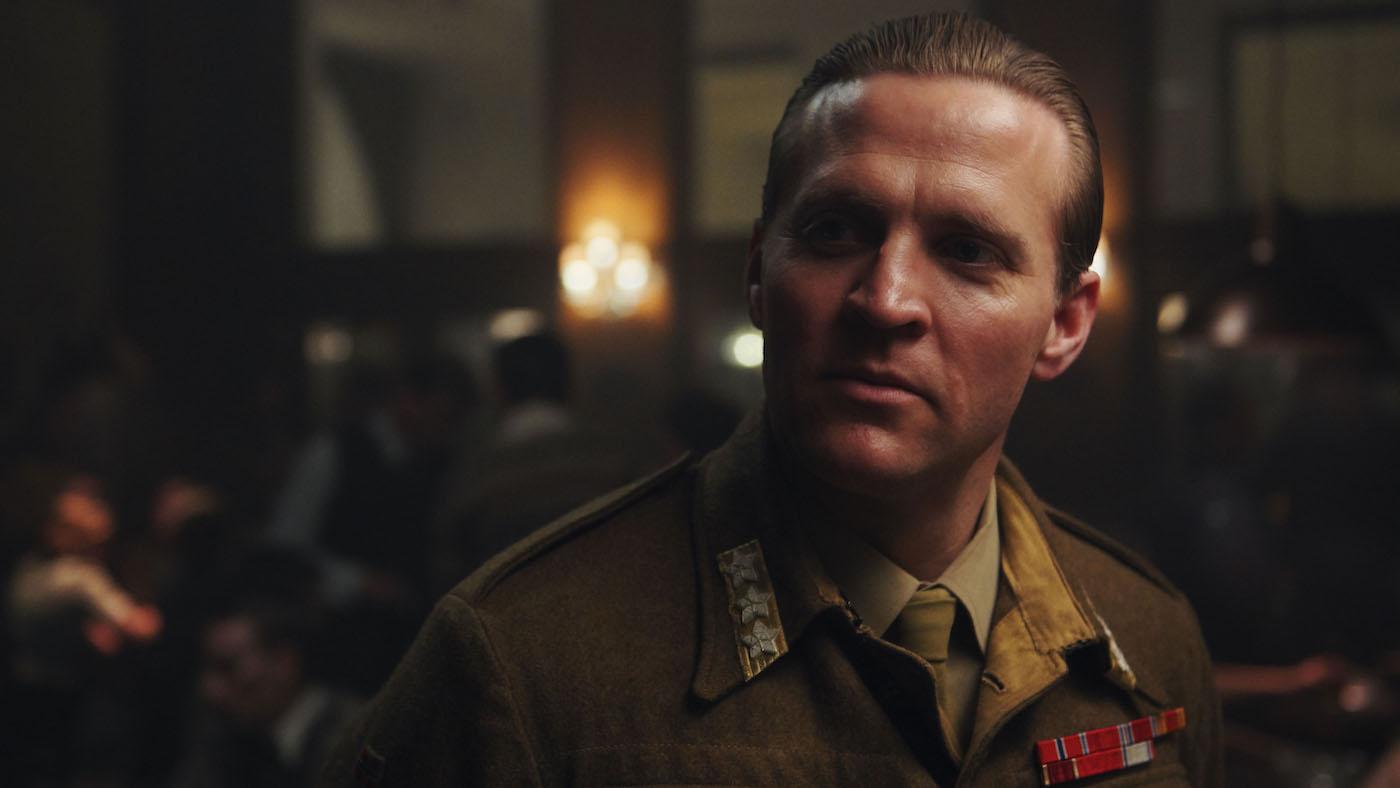
Atlantic Crossing airs Sundays at 8:00 pm and is available to stream. Recap the previous and following episodes.
Märtha has something to tell FDR, so she sends Ragni off with the children while she visits him at his estate in upstate New York. FDR has news, too: U.S.-made destroyers are ready to cross the Atlantic and aid the Allies, including Norway. The good news forestalls Märtha from sharing what she wanted to say.
Meanwhile, Ragni visits her friend Eliza with the children. Eliza convinces Ragni to relax while she takes the kids to get ice cream.
On a pleasant drive, FDR and Märtha discuss the German saboteurs who landed on Long Island near Märtha’s summer home. Märtha argues against executing them; there was no evidence they were targeting Märtha and FDR. The president apologizes that Eliza slipped through the cracks: she is close friends with the brother of the Norwegian Nazi Prime Minister. Märtha is horrified: the children are with Eliza now.
The Secret Service sets off to find Eliza’s house, having to first look in a directory for her address. When they arrive, the house is empty.
After buying the children ice cream, Eliza tries to usher them into a car with a stranger for a “ride home,” but the eldest objects—and then Ragni appears, soon followed by the Secret Service. The car speeds away, and the Secret Service apprehend Eliza.
Olav decides the children will come to London to stay with him; Märtha is clearly too busy to watch them. He’ll have Morgenstierne arrange the details, he tells Märtha, before hanging up.
Ragni is also going to London to reunite with Nikolai and her children; she’s resigning after the Eliza debacle. Märtha sobs and begs Ragni not to leave her. Märtha will go to London with her.
Ragni and Märtha arrive in London just before Haakon’s 70th birthday. Märtha has left the children in Washington under heavy Secret Service guard, but Olav is upset that she didn’t bring them. He belittles her “little campaign” raising support for Norway’s cause in America. Hurt, she reveals the news about the destroyers. One will be given to Norway and named after Haakon.
That evening, Haakon toasts Märtha’s efforts and awards her a Norwegian honor. Olav begrudgingly congratulates her, and asks about her relationship with FDR. She says that she chooses Olav; he says she must reject FDR then; she agrees.
Olav says he understands Märtha’s position: if Germany wins the war or Olav is killed, she needs a plan B, another powerful man to protect her and the children. She finally cracks, retorting that Olav and the Norwegian government have used her and her connections to FDR. He responds that she played the role too well. The children will stay with me, she says, and leaves him.
Back in the States, she meets with FDR and tells him that they have to stop seeing each other like this. He tries to argue against Olav, then to emphasize their special relationship, but she stands firm, thanking him before leaving him.
When she tells Olav, he’s shocked: she may have jeopardized the transfer of the destroyer to Norway. She says that FDR wouldn’t rescind the offer out of spite; Olav hangs up to call Morgenstierne.
FDR does insist that Märtha be the one to accept the ship on behalf of the government instead of Olav. He tells Eleanor that Märtha deserves the credit for the ship and should get it. Eleanor responds that FDR should make sure he’s doing this for the right reasons. FDR thanks her for doing what he’s not capable of doing for him. Eleanor leaves for London.
There, she meets with Olav and tells him that she regrets not fighting more for her marriage. Märtha is remarkable, she says, and she has never seen the princess put herself first. Olav would be a fool to throw it all away.
FDR’s health is declining, but he refuses to go to the hospital for tests as his doctor recommends. Olav is having his own struggle: when air raid sirens sound in London, he stands on the balcony to watch the bombers fly overhead instead of sheltering in the basement.
In an even worse state is General Fleischer. Märtha runs into him at the Norwegian church in Washington. He has been transferred there as a powerless attaché, and fears for the fate of Norway even if Hitler is defeated. It’s a small country, and world powers like to use those as pawns.
Olav finally takes a stand in the Cabinet and argues that Fleischer deserves recognition for his valor during the invasion of Norway, even if he made a recommendation given the circumstances at the time that the government should surrender. Instead of humiliating Fleischer with nonsense postings, the government should honor him. Haakon agrees, and decrees it.
When Morgenstierne arrives at Fleischer’s apartment with the medal, however, he receives no answer. Fleischer has killed himself.
After Märtha receives the destroyer on behalf of Norway from FDR, he quietly asks her, was their entire relationship just about aid for Norway? She hesitates and says yes. He smiles: you’re lying! he says, overjoyed. I can see it!


